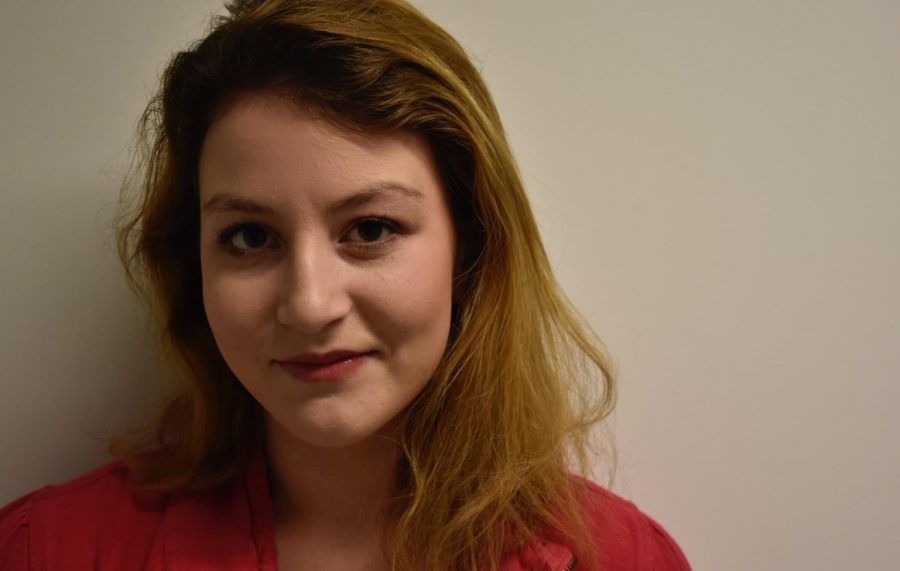PAGE THREE: For better or for worse or for two dollars
March 13, 2018
No one wants to admit the existence of sexual harassment. It’s an uncomfortable phrase and society’s attitude thus far has been neglectful. But, quite surprisingly, ignoring it hasn’t made it go away. Women have finally taken to the streets and to Twitter and started the #MeToo movement, which in recent months has led to the resignation of three members of Congress and uncountably many in the entertainment world.
In the context of Shalhevet, it’s an even harder admission to recognize that in our very close and Just Community sexual harassment exists. But it isn’t really surprising.
High schoolers objectify each other. This isn’t a justification, it’s fact, and both guys and girls are equally guilty. Once the school was able to move past the admission, the administration and the student body were able to begin the work of finding a solution, and as per Shalhevet’s founding ideals, that work was started in Town Hall.
Part of the conversation is ridding ourselves of the victim-perpetrator paradigm, and educating our male students. These were the main topics of both of the girls’ conversations — the first at Town Hall and the other at a special assembly with speakers. The guys’ meetings mainly consisted of an education of the terms.
The girls’ speaker was a therapist and the boys had a lawyer, so perhaps it’s not surprising that their conversations did not reach a similar point.
Someone who is sexually harassed is a victim. Saying that he or she isn’t invalidates their experience. The person who sexually harasses is a perpetrator and needs to be treated as such. The only thing that we should be ridding ourselves of is the notion that being a victim makes you weak and less than.
We need to give victims strength to fight back, not marginalize them.
At the same time, the idea that only our boys need to be educated about sexual harassment is not only offensive to them, but also unhelpful to the girls. It furthers not only the idea that this is a single-gender issue, but that girls are incapable of defending themselves.
In fact, the school’s decision to separate us — which led to completely different conversations –was counterproductive to the purpose of each discussion.
The girls’ conversation mainly consisted of our feelings and trying to guess how the guys felt. A few of the girls asked why not just include the guys in the conversation — but apparently it is more productive to assume how someone feels before you ask them.
Something else the girls did was act out how to have a productive conversation with someone who has harassed you. According to the person leading our session, this is very helpful in couples counseling and gets easier with time.
The only trouble with that is that we weren’t doing it with the guys or using realistic scenarios, which was the only thing that makes it productive in counseling. Even though the boys were right here, in the building, supposedly discussing the same thing.
There was also no sensible reason as to why the girls couldn’t be privy to the guys’ conversation. There was nothing sensitive about it, and suddenly the guys had definitions and terms the girls didn’t. In fact, all the student body wanted — which they told the administration and each other — was to have a unified conversation, something that is very in line with Shalhevet’s values.
Next time, perhaps we should talk together. It’s an advantage of being a co-ed school.













